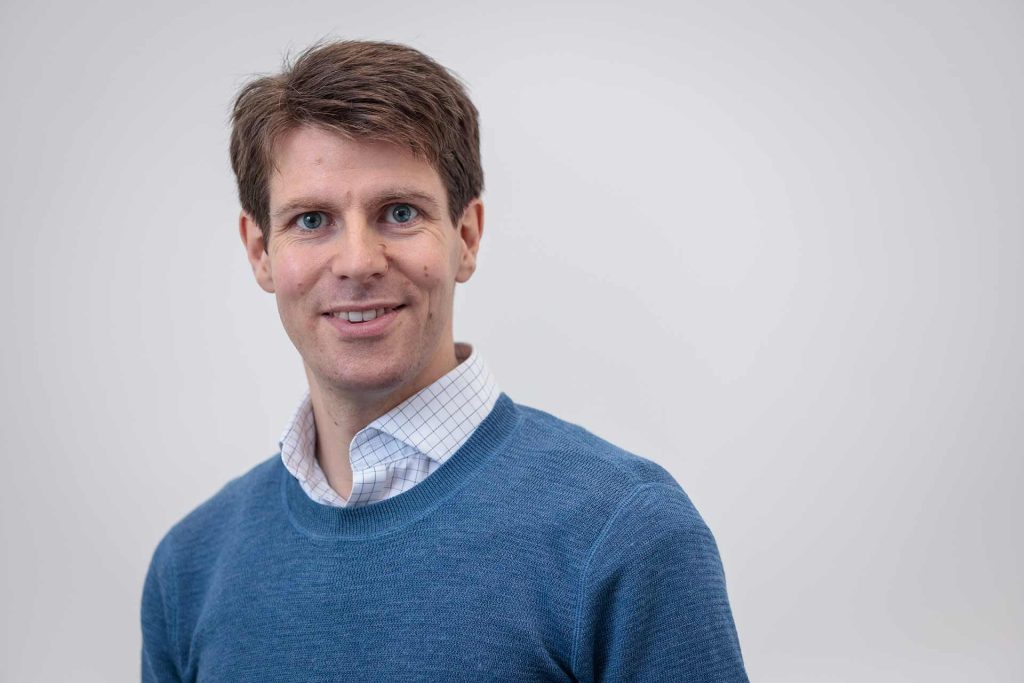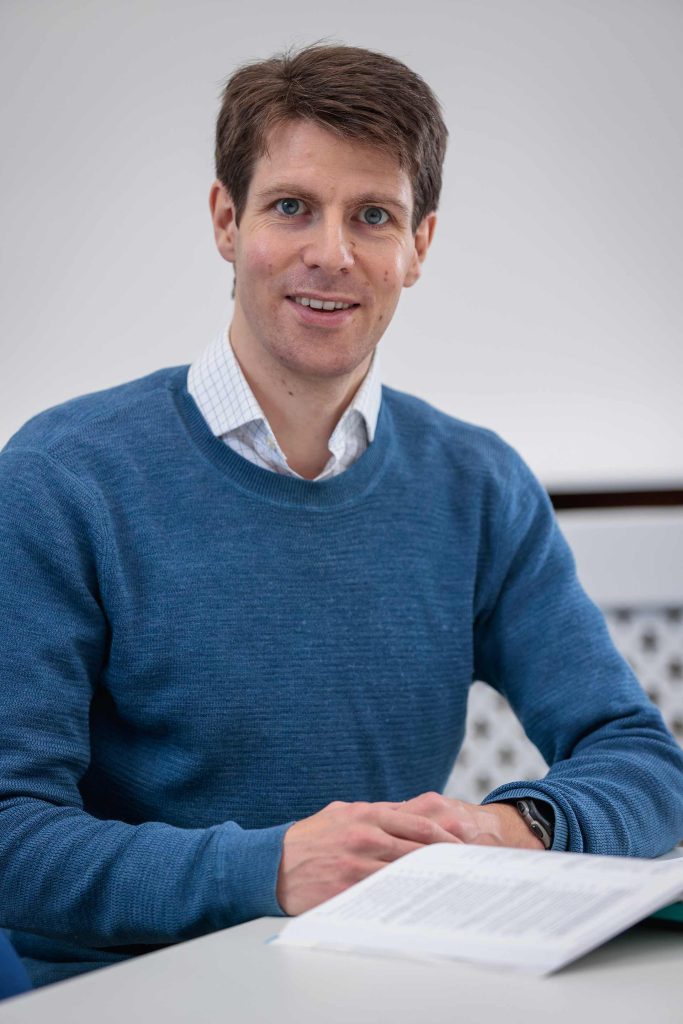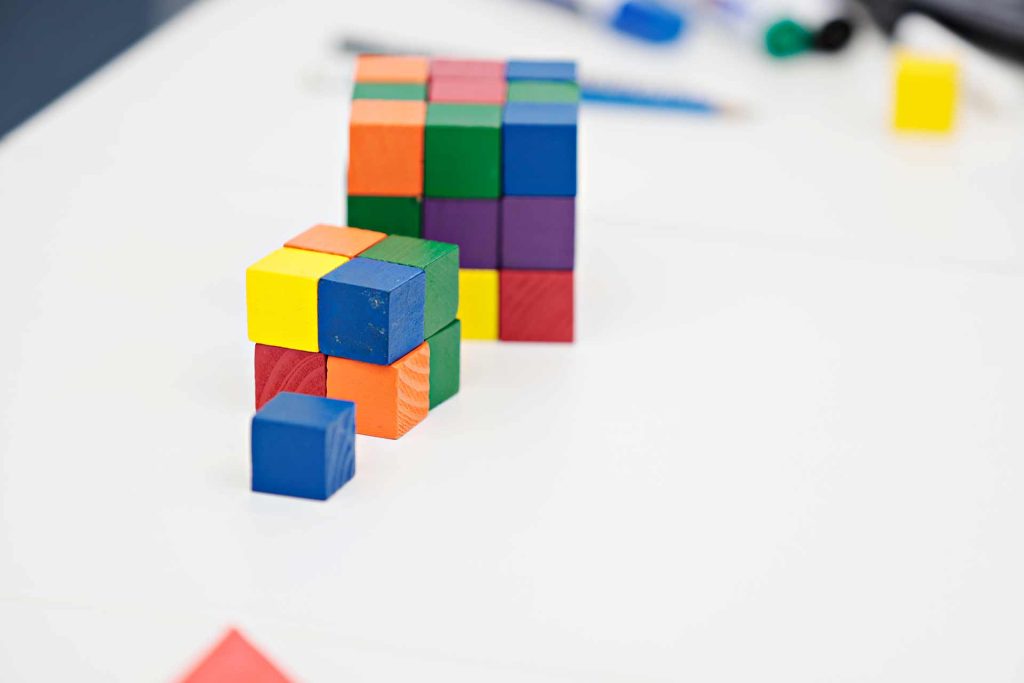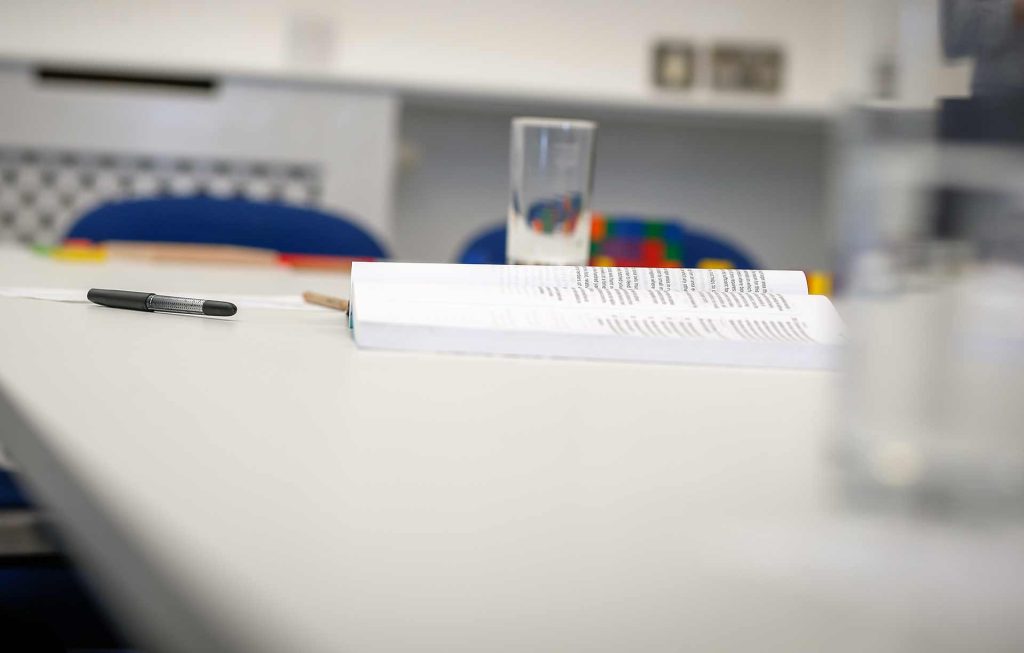
I have helped prepare students for the GMAT since 2012. At that point I was teaching English as a foreign language in St. Petersburg, Russia. Some of my students asked for help to prepare for business school. I tried out a practice test and was hooked. The exam appealed to me for its well-written questions and combination of verbal and numerical skills. I had studied Philosophy at university and had always been enthusiastic about puzzles, logic, and solving problems. I found GMAT materials challenging, engaging, and satisfying and scored 760 on my first GMAT exam. (By the way, I don’t think this is natural talent. For more on this see ‘Why is my friend so much better than me at the GMAT?‘)
My passion for learning and teaching started when I was still at school. I started coaching younger students with Maths and English. I also started teaching piano when I was at university. I was fortunate to have the opportunity to go to music college, where I was able to improve my own piano skills as well as develop a love for teaching music. My work teaching children has strongly influenced my work with adults (see ‘Playing around: the importance of mindset’). My experience of musical performance gives me some psychological and emotional tools that I use to help my students with the often uncomfortable experience of taking a GMAT exam.
After returning to London in 2013, I was hired by Manhattan Prep; I worked in their London office until it was closed in 2020. I taught hundreds of students on group courses held in central London (Manhattan Prep had a standard structure of a 3-hour class once a week for 9 weeks), as well as tutoring individual students. I taught some online classes, and when the pandemic struck in spring 2020 all my teaching moved online. Adjusting to online learning can be a significant challenge, and I’m convinced that the secret element is engagement – unless a teacher or coach captures their students’ attention, lessons are unlikely to be effective.
Around this time I trained to become a teacher of Alexander Technique. This is a method designed to improve coordination and ease of activity that’s popular among musicians and other performing artists. (For more on this see ‘Retraining our whole selves, mind and body’.) My interest in movement led me to take up long-distance running. I’ve applied my knowledge of coordination and my learning skills to this activity with some success: I’ve completed dozens of marathons and even won some ultramarathons.
Learning languages is another passion of mine. My desire to read Russian literature (especially Chekhov) in the original was one reason that I moved to Russia. I’m currently learning Estonian.
I see plenty of crossover between these different disciplines: learning to do any new activity involves a combination of patience, structure, self-awareness, and creative experimentation. If you want to get more of a flavour of how I work with students, check out ‘GMAT study, fast and slow.’
Coaching for GMAT success
I can help you reach the target score that you need for your applications.
Organise your time well and use the most effective resources.
that will help you solve both quant and verbal problems.
Improving your problem-solving skills is not only the best way to prepare for the GMAT, but will also help you tackle future challenges.
Be ready to cope with the pressure of the GMAT.
We learn best when the experience is satisfying and memorable.










GMAT Study Skills - creative materials to support the motivated GMAT student